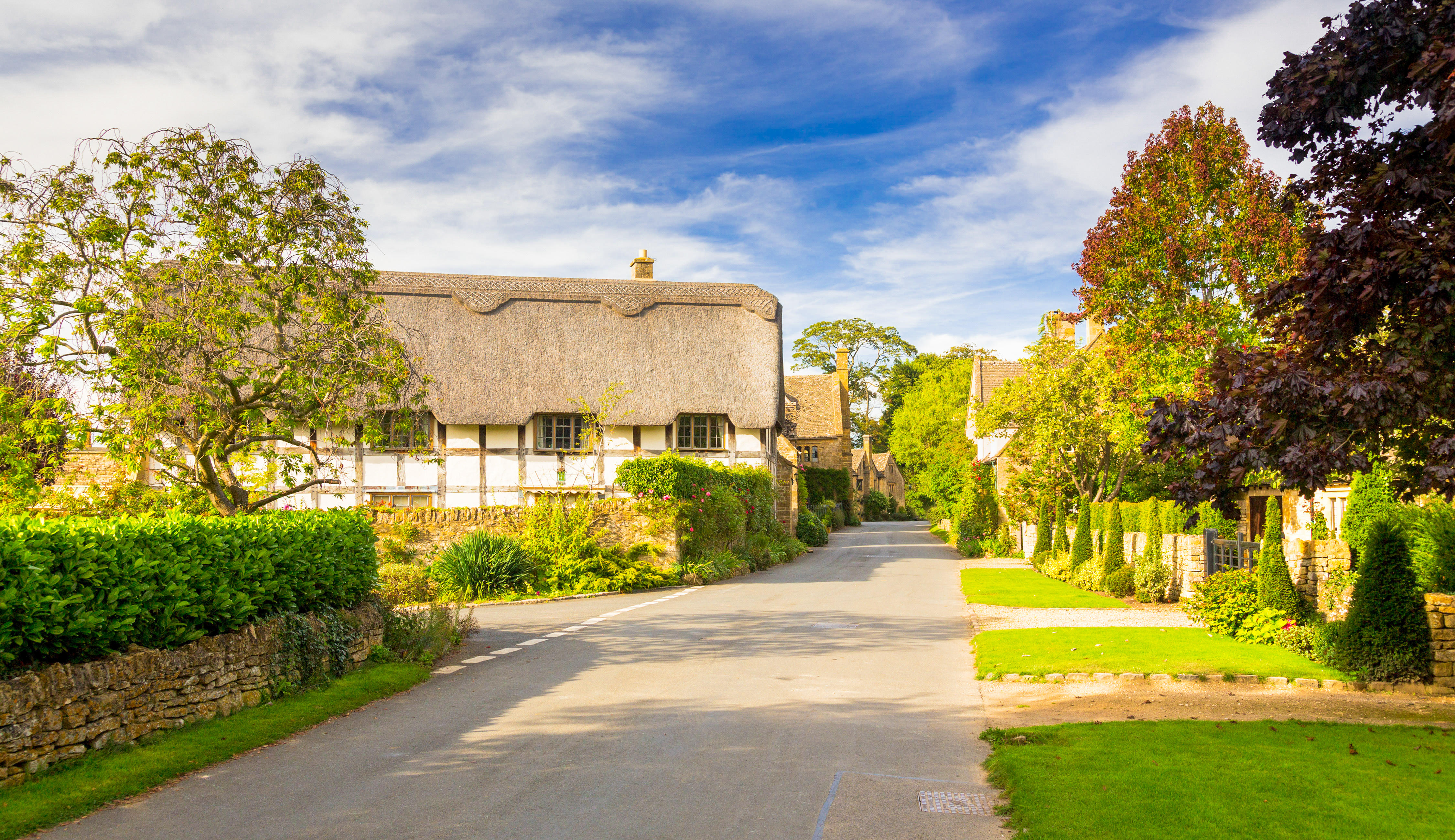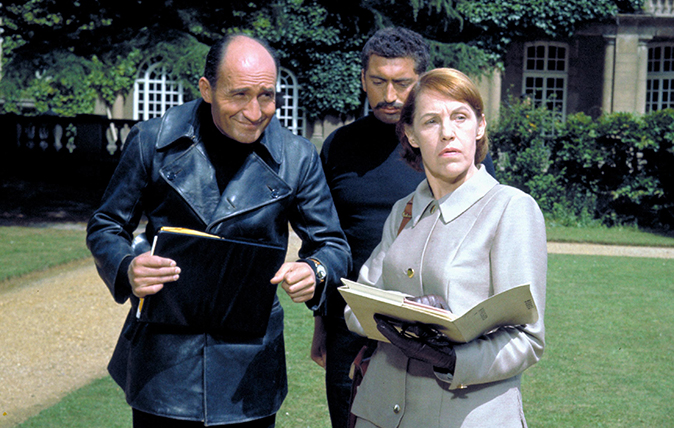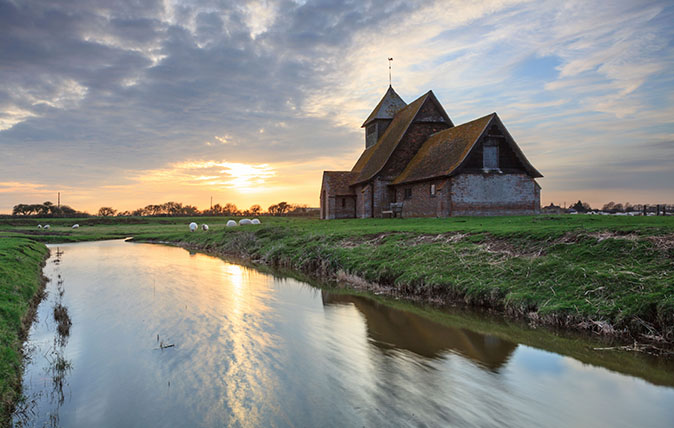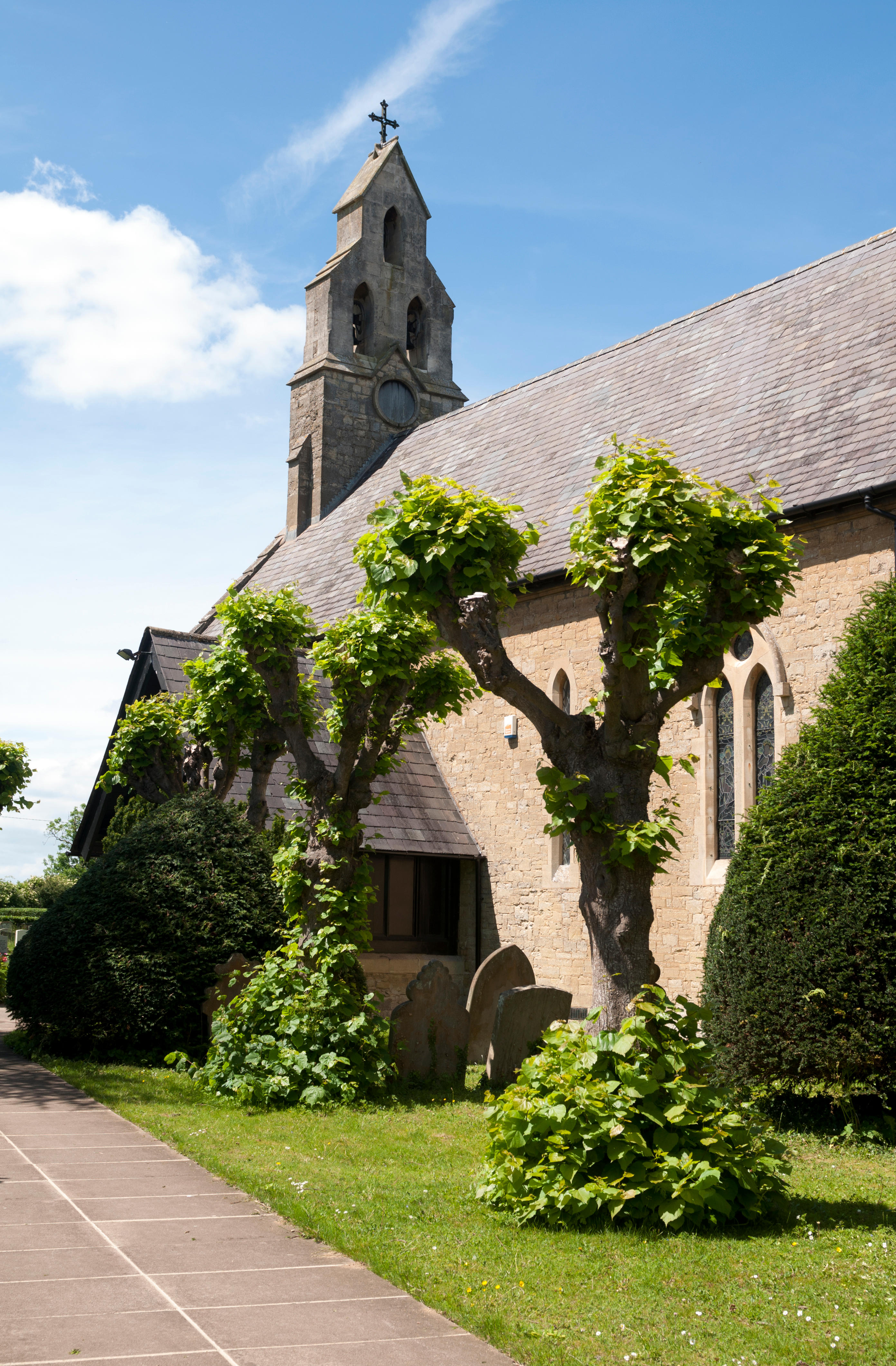Jason Goodwin: The dark, chilly undercurrents in the seemingly-idyllic life of the English village
Jason Goodwin was feeling decidedly nostalgic for village life — until he had a run-in with one of its discontents.

Exquisite houses, the beauty of Nature, and how to get the most from your life, straight to your inbox.
You are now subscribed
Your newsletter sign-up was successful
‘Your village shop is quite something,’ a London visitor once told me. ‘Boots, cigarettes, bread? It’s like a miniature department store. Cat food and wrapping paper. And you know what? It even has its own little queue!’
We moved away from that village, to a village without a shop. There was a pub, there were erudite talks in the village hall and every year a fête opened by a parade of very old men holding banners.
Eventually, we moved away from villages altogether, more by accident than design, and found ourselves living down a lane, with wonderful walks and total peace, but a drive to get anything such as milk or nails, let alone bread or Wellingtons. So I feel a little wistful, now and then, about village life.
We were invited to lunch in a village the other day. We drove in, never having been there before, cooing over the stone-built houses and the handsome church and the pretty perfect arrangement of streets and walls, the green with a tree and a phone box, and all the things we like about villages.
“I’m afraid I’ll have to ask you to move your car — my husband can’t get his Porsche out of the drive.”
I said as much to our hostess. ‘It’s the prebendary benefice,’ she said, darkly. ‘In 1066, the village was given to a bishop, together with huge tracts of other lands, and, being unable to manage it all himself, it was farmed out to his cathedral canons. The village never had a lord of the manor to lord it over everyone else and families could enjoy their homes and farms undisturbed from one generation to the next. So they built themselves good, large village houses. Where have you parked?’
As it happened, we’d parked in the road just opposite, but so tight up against the wall that I had to climb over Kate’s seat to get out.
‘Well, you’re jolly lucky. Usually the woman from over there comes out and harangues people who park there. She always says: “I’m afraid I’ll have to ask you to move your car — my husband can’t get his Porsche out of the drive.” Drink?’
Exquisite houses, the beauty of Nature, and how to get the most from your life, straight to your inbox.
We rolled our eyes. It was a warm day and the front door was open. A shadow fell across the threshold, cast by a rather attractive blonde woman who addressed the pre-prandial gathering to ask if anyone owned a blue car parked on the lane.
'I flexed and wiggled through the narrow opening into the driver’s seat like a rat'
I stepped forward. ‘That’s me.’ ‘Then I’m afraid I’ll have to ask you to move your car,’ she said. ‘My husband can’t get his Porsche out of the drive,’ she said. ‘And you have also parked in front of our garden gate,’ she said.
It wasn’t in the script, but I was prepared for us to ad lib a little. ‘I am sorry. I’ll just move it along.’
She nodded, satisfied, and went back through her gate and up the steps to her house. I’d forgotten climbing out of the passenger seat, but as I had already sidled up and opened the driver’s door, I flexed and wiggled through the narrow opening into the driver’s seat like a rat. Then I moved the car.
When I got back to the party, my hostess had another fact that she had learned only the day before on a village-history walk. ‘The prebendaries set the rules, so the whole village used to have its own laws,’ she explained. ‘Most of them went at the Reformation, but there were still vestigial laws operative in the 1930s. Did you move the car?’
I suppose what I’ve learned is that village life is the bedrock of civilisation, but it has its discontents.

Credit: Alamy Stock Photo
Jason Goodwin: ‘Most of them look like a cross between a walkie-talkie and Rosa Klebb’s toecaps ’
Our Spectator columnist discovers there is smoke without fire.

Jason Goodwin: 'On our watch, the natural glories of our island have been atrociously depleted'
Our columnist Jason Goodwin laments the staggering decline of British wildlife and the depletion of our island's natural glories.

Country Life Today: The sleepy English village where people keep on digging up treasure
Today's news round-up looks at the sleepy village where the ground seems full of treasure, the power station demolition which